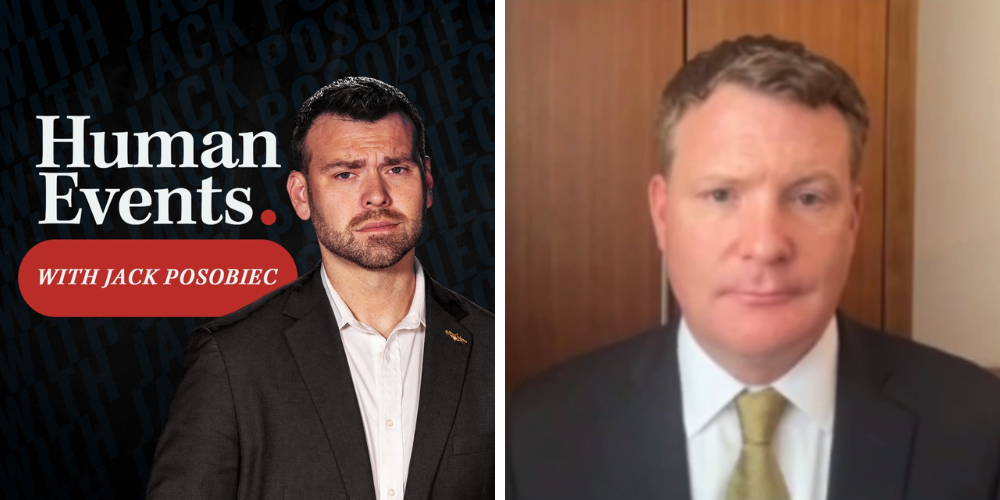"Unfortunately, the amount of material you need for a nuclear bomb is only about the size of a soda can," explained Matthew Bunn, a senior research associate in the Project on Managing the Atom at Harvard University, in an interview with the Foreign Policy Association two months after the attacks of Sept. 11, 2001.
Especially troubling, he said, was the vulnerability of nuclear stockpiles in the former Soviet Union: "Many facilities in Russia to this day still don't have security cameras in the areas where the plutonium and highly enriched uranium are stored. They still don't have a detector at the gate that would set off an alarm, if a known and trusted worker was carrying plutonium out in his briefcase."
This was at the time when the average wage at Russia's major nuclear facilities was $60 a month and Osama bin Laden's share of his father's fortune, according to Forbes magazine, was nearly $300 million.
"There have been multiple cases of real theft of real weapons-usable nuclear material that we know of," Bunn continued. "We know of those cases because the material was seized and recovered, and the people arrested. But the question is, of what iceberg are we seeing only the tip? How much of the nuclear theft that actually occurs are we seeing? We just don't know the answer to that question."
In testimony last February before the Senate Select Committee on Intelligence, Porter Goss, President Bush's recently installed CIA director, pointed to the same danger in his first public comments after assuming the top post at the CIA. "The vulnerability of Russian WMD materials and technology to theft or diversions," he warned, "is a continuing concern."
The concern, additionally, is that al-Qaida's weapons capabilities will likely be targeted at the mainland of the United States. "Al-Qaida is intent on finding ways to circumvent U.S. security enhancements to strike Americans and the homeland," Goss explained. "It may be only a matter of time before al-Qaida or another group attempts to use biological, radiological and nuclear weapons."
Recent news reports indicate that top planners in the U.S. military view the aforementioned apprehension about a WMD attack on the U.S. as not unwarranted.
"The U.S. military has devised its first-ever war plans for guarding against and responding to terrorist attacks in the United States, envisioning 15 potential crisis scenarios and anticipating several simultaneous strikes around the country, according to officers who drafted the plans," reported the Aug. 8 Washington Post.
The classified plans developed by the Northern Command headquarters for responding to synchronized multiple-target strikes call for the quick-reaction mobilization of as many as 3,000 ground troops per attack.
"Several officers," reported The Post, said the planning included post-attack military responses to catastrophic "mass-casualty" strikes on U.S. soil involving "the release of a deadly biological agent or the explosion of a radiological device."
Under the new plans, the Posse Comitatus Act of 1878, which generally prohibits the direct participation of troops in domestic law enforcement, takes a back seat to national security. In the event of "a biological, a chemical or nuclear attack in any of the 50 states," explained Adm. Timothy J. Keating, head of Northcom, the Department of Defense is best suited "to take the lead."
What's unknown is the level of destructive capacity in al-Qaida's arsenal. What is known, however, is what bin Laden thinks. "By God's leave," he declared in his February 1998 call for a jihad, "we call on every Muslim who believes in God and hopes for reward to obey God's command to kill the Americans and plunder their possessions wherever he finds them and whenever he can."
The killings on Sept. 11 were "blessed by Allah to destroy America's economic and military landmarks," he explained. "Yes, we kill their innocents and this is legal religiously and logically."
Furthermore, to ratchet up the killing with WMD is fully correct, "religiously." In May 2003, dutiful to the conventions of running a holy war, bin Laden secured a fatwa - a ruling on a point of Islamic law that is given by a recognized authority - from a Saudi sheik saying al-Qaida would be justified in using nuclear weapons against America.
The question is, will the U.S. government be any more competent at stopping an attack than it was on Sept. 11?




